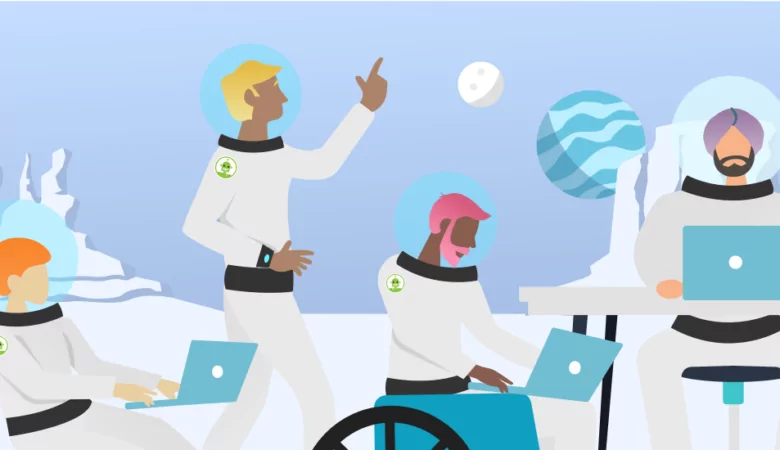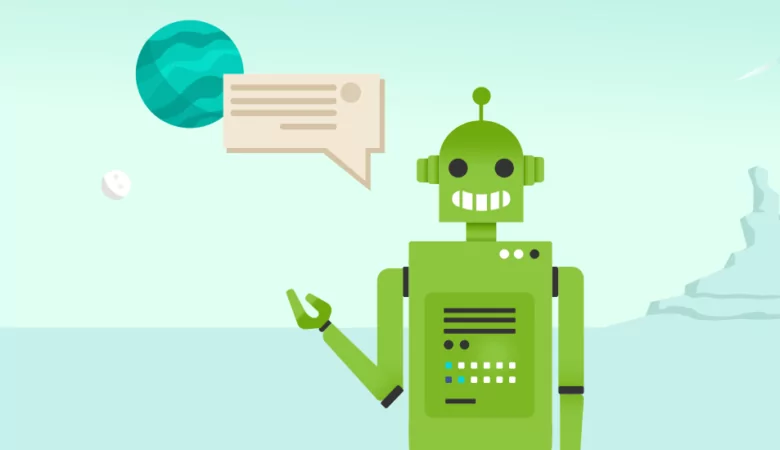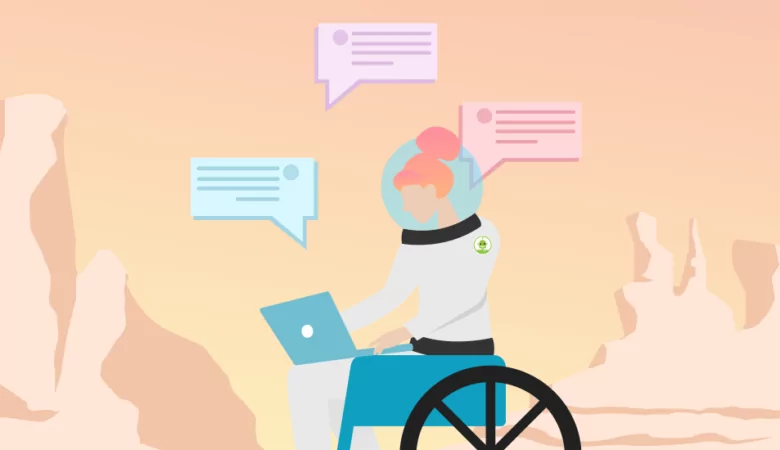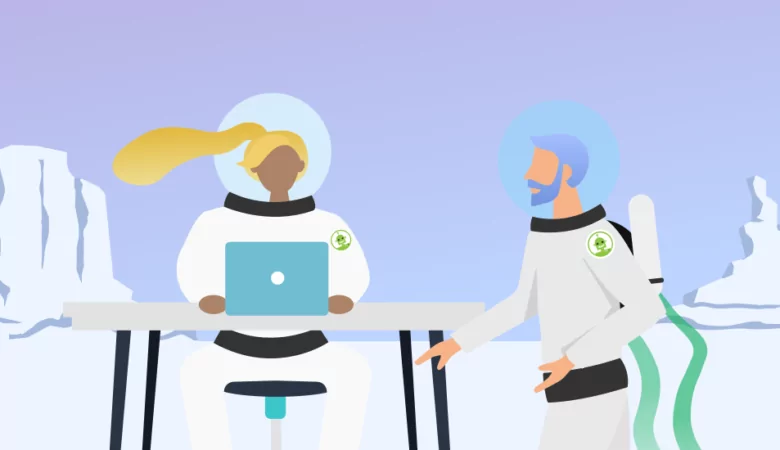A job interview is the best opportunity you have to impress potential employers and land a job offer. Here’s what you need to know in order to ace your next interview.

Great Tips to Help You Excel in Job Interviews
Job Interviews
Once you write a great resume, you’re likely to start getting invited to job interviews. This is your opportunity to land a new job and advance your career goals. The recruiter who interviews you will be assessing your ability to do the job and how you will fit with the existing team. But remember this is your chance to learn about a potential employer too!
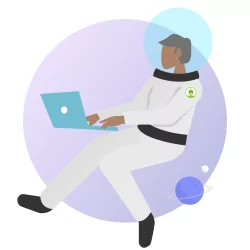
The Importance of an Interview
A job interview is where a hiring manager will most likely make their decision about whether or not to hire you. In some cases, you will have to go through more than one interview. You should still treat each follow-up interview as seriously as the first because failing to make a good impression will take you out of the running. A job interview is also a unique opportunity for you to assess the company and job that you have applied for. If you ask the right questions, you can find out a lot about the company culture and the team you will be working with. Remember, it’s not just about what the company needs from you but what you need for your chosen career path.
How Job Interviews Are Conducted
Once you have submitted your resume and cover letter, a hiring manager will assess them. If they like you, they will invite you to a job interview. There are a few aspects of the interview that you should expect. The basic structure of a job interview will be something like this:
1. Introductions and icebreakers
Unless the recruiter is pressed for time, they will probably take a few moments to introduce themselves and break the ice with some small talk.
2.Questions about you
A hiring manager will want to know about you as a person as well as your skillset, so you should expect open-ended questions like:
- Tell me about yourself?
- Where do you see yourself in five years?
- Why do you want to work here?
- What motivates you?
- What makes you unique?
- Why should we hire you?
3. Questions about your career and skills
Once your interviewer is satisfied with their questions about you, they will ask some questions about your skills and achievements. At this point in the interview process you should expect questions like:
- Tell me about a time when you succeeded in your last job?
- Tell me about your first time leading a team?
- What is your greatest success?
- Tell me about a time when you used good problem-solving skills?
4. Time for you to ask questions
At the end of any job interview, you will be given the chance to ask your interviewer questions about the job, the work environment, or the company culture. You should not ask about vacation time, benefits, and salary in the first interview. Salary expectations and negotiations are best discussed in a follow-up call or second interview.
Four Ways to Ace Your Interview
If you want to ace your interview and get a job offer, you should spend some time preparing. These simple interview tips will help you stand out from the other interviewees the recruiter may see:
-
Research the company and job description
“Why do you want to work for us?” is one of the most common interview questions that recruiters ask. If you research the company that you have applied to, you will be able to answer this question with ease. Likewise, refreshing your knowledge of the job description can be helpful when you are asked about your suitability for the role.
-
Master the STAR method
The STAR method makes it far easier to answer behavioral interview questions by providing a structure for any answer. STAR stands for Situation, Task, Action, and Result. If you follow this structure when answering a question, you will give a complete and effective answer.
-
Prepare for common interview questions
Consider common job interview questions and think about how you would answer them before you go to your job interview. Many hiring managers will be looking to find out if you have a strong work ethic, good communication skills, and self-awareness. There are many sample questions and answers online that you can consider.
-
Be positive
Your interviewer will likely ask questions about your current job, especially if you are leaving after a short time in the role. Even if you have had a difficult time in this role you should be positive about your co-workers and the company. For example, if you don’t have a great relationship with your manager or co-workers you could say:
“I’ve learned a lot in this role and am grateful for the opportunities it presented, but feel that I can flourish in a new job and want to expand my horizons.”
A great job interview could be the culmination of your job search, so it pays to invest time and energy into it. If you want to make a strong impression on the hiring manager, take the time to send a thank-you email after the interview. Most hiring managers consider applicants who send a thank you note positively.
FAQ: Job Interviews
Yes. If you are invited to an in-person interview, you should bring two to three copies of your resume so that your interviewer can consider it during the meeting. They may also wish to discuss specific points with you.
For the most part, video conferences and telephone interviews are the same as in-person interviews. You will likely be asked the same questions and you will be expected to show the same level of professionalism and formality. The main differences in a phone interview are the lack of need to dress a certain way and the removal of body language as an important factor. In video conference interviews you will have to be professionally dressed, but things like eye contact and body language are less important than they would in an in-person interview.
This can differ depending on the state, but there are some questions that are universally illegal to ask in a job interview. For example, a recruiter cannot ask your age, sexual preference, or what religion you follow in a job interview. Of course, there may be times when a hiring manager asks a question like this without thinking. If this happens, simply dodge around it and consider whether this is a red flag based on their behavior. A job interview is also your chance to assess a potential employer.

